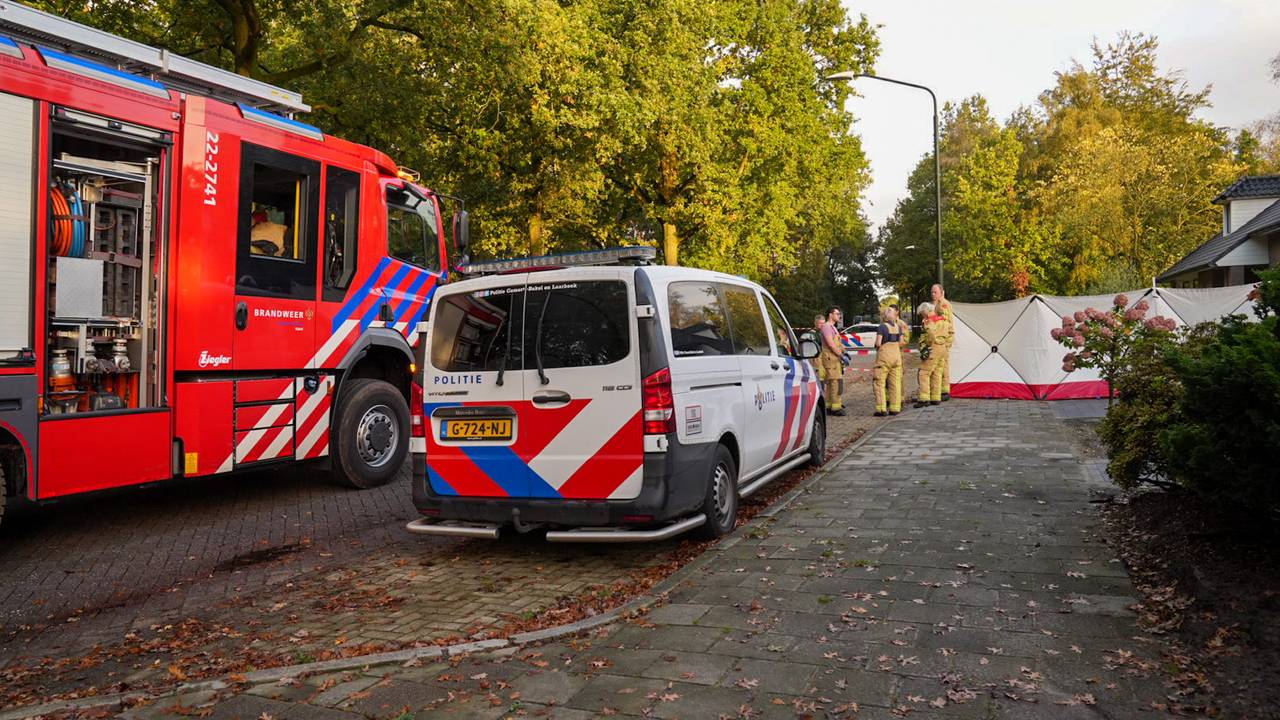by Paolo Menchi –
The internal struggle within the Bolivian party MAS (Movimiento al Socialismo – Instrumento Político por la Soberanía de los Pueblos) between the current president Luis Arce and the former president, as well as historical leader, Evo Morales, is becoming increasingly harsh.
The problem lies precisely in this last statement, in fact Morales managed to get the MAS to vote on a motion according to which he is the current leader, not only historical, and the only candidate for the party in the next elections in 2025.
This has led to a rift between “evists” and “arcists” also fought with low blows, such as the accusations of corruption launched by Morales against his rival and his son Marcelo Arce Mosqueira, regarding projects for the extraction and sale of gas and lithium, an initiative that no state official can take by law,
Just in recent days, the president’s son publicly challenged Evo to present the evidence relating to the serious accusation, denying any involvement of his family and calling it a political attack.
Morales responded by stating that he is in possession of a recording in which Arce’s son told his father to leave the management of the projects to him because the President was too busy with politics and that this evidence will soon be handed over to the judiciary.
We do not know whether the accusations have any basis or not, but it is certainly not unrelated to Morales’ desire to return to being the first person in charge of the state, after having governed for many years, making Bolivia a sort of kingdom.
We remember that Morales was elected for the first time in 2005, then re-elected at the end of 2009 and, thanks to a constitutional reform desired by him and confirmed by referendum, to allow a further candidacy until then prohibited by the constitution, in 2014 he obtained the third mandate.
In February 2016 he had played the same card to be able to run again a fourth time, he had lost the referendum but, with a questionable decision, the Supreme Electoral Tribunal had overturned the result, establishing that it was Morales’ “human right” to run again.
Morales was then re-elected on 20 October 2019 but accusations of electoral fraud and strong street protests forced him to flee first to Mexico and then to Argentina, accusing the opposition of a coup.
In the meantime, a provisional government led by Jeanine Áñez had been established and remained in office until the elections in the autumn of 2020, when, surprisingly, Luis Arce of the MAS and former minister of the Morales government was elected President.
Precisely following this result, Evo was able to return to Bolivia and, in the following months, the interim president was jailed (and still is) on charges of conspiracy and coup. While waiting to know what decisions the judiciary will make, the certain thing is that Morales will never resign himself to a role that is not in the front row, which is not a very positive thing given that generational change is not foreseen in the slightest.


